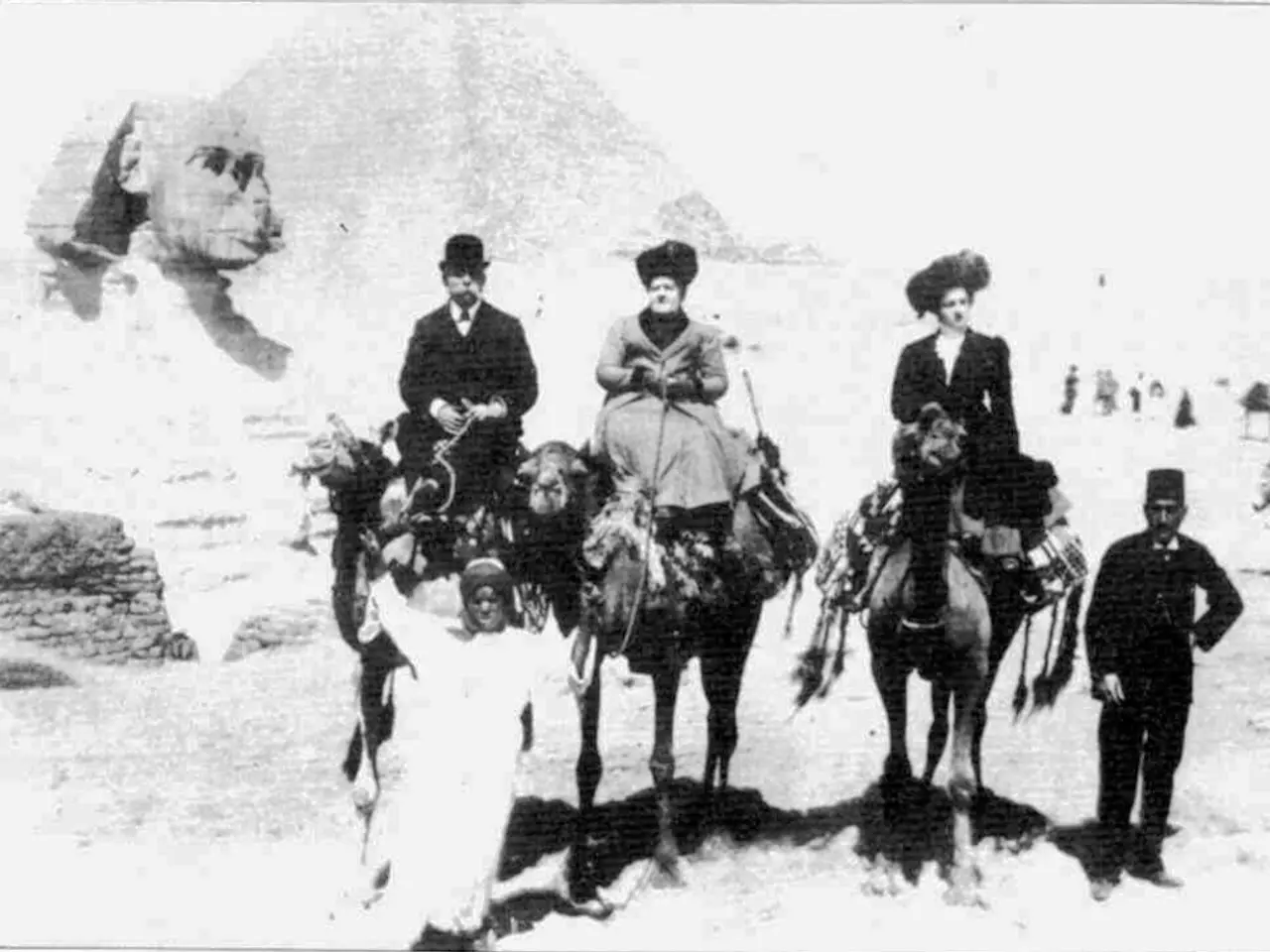A look back at the unfulfilled promises of transformation, now standing at a critical juncture after fifteen years
In the heart of East Africa, Kenya's political landscape has been marred by allegations of governance shortcomings, financial irregularities, and disregard for the Constitution. This article aims to shed light on these issues, providing a clear and concise overview of the current state of affairs.
The 2010 Constitution of Kenya, a beacon of hope for many, has been perceived by some political leaders as a mere set of marks on paper. President William Ruto and ODM leader, Raila Odinga, among others, have been criticized for this behavior. The Constitution, intended to promote integrity in leadership, has been undermined, with weak laws being enacted that subvert its noble goals.
Parliament, the legislative arm of the government, has been a recurring source of controversy. It has been accused of giving the nation weak laws in regards to leadership integrity and has made the two offices of the Auditor General and the Controller of Budget, custodians of leadership integrity, regular punching bags. MPs have been observed jostling and queuing up, canvassing for funds, a phenomenon dubbed "empowerment."
The Executive branch, too, has faced its fair share of criticism. Executive overreach and ignoring of court orders is not uncommon in Kenya. Orders to the police to shoot citizens, for instance, are unlawful, as they are not in writing and have a criminal nature. The Executive has also been accused of hijacking the duty of the Ethics and Anti-Corruption Commission.
The killing of Rex Masai, shot by the police, is one case of unlawful Executive overreach that remains in the docket. State House has been complicit in auctions of favors, possibly beginning with the vetting of its nominees who need approval by Parliament before taking office.
Transparent governance and financial accountability mechanisms, while in place, have not worked, beyond cataloguing the cases. The shortest route to ending impunity, it is argued, is in State House, starting with the President. He must make a firm decision that everyone is going to be governed by the Constitution and the law.
The 2010 Constitution of Kenya, under Article 75, expects that leaders shall not bring disrepute to the office. Chapter Six of the Constitution speaks to values and integrity in leadership. Yet, leadership in Kenya has been criticized for sexual misconduct, disreputable behavior, and ignoring the Constitution.
In a bold move, Raila Odinga is currently proposing a third tier of government, aiming to introduce seven regional counties, above the present 47. This proposal, if implemented, could potentially strengthen governance and accountability mechanisms at the grassroots level.
As the nation grapples with these issues, the call for integrity, accountability, and adherence to the Constitution grows louder. The future of Kenya's political landscape hangs in the balance, awaiting decisive action from its leaders.
Read also:
- ICE directed to enhance detention conditions following NYC immigrants' allegations of maltreatment
- Israeli finance minister issues warnings about potential annexation of West Bank territories
- United States faces rebuttal from South Africa over allegedly deceitful human rights report and assertions of land expropriation
- Accident at Rodalben Results in Injuries; Geoskop Area near Kusel Affected After Stormy Weather








